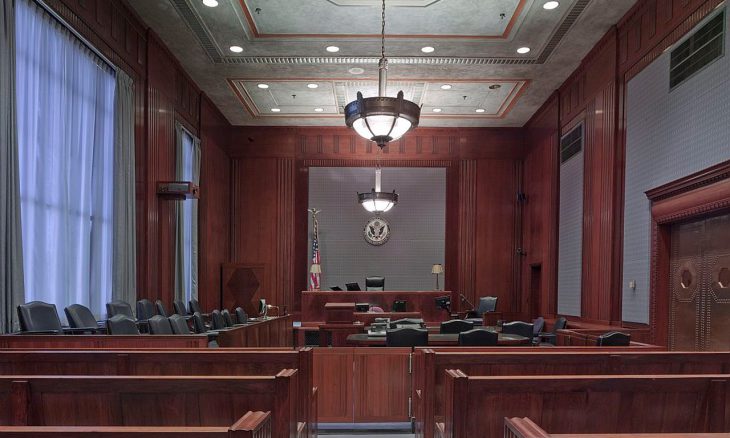Serving as an expert witness in a legal case is an exciting and challenging opportunity for professionals who have developed expertise in a particular area. My friend and colleague Reggie Brady, for example, testified over about six months in two separate cases related to email marketing. She found it a satisfying and profitable business.
But it can be a disappointing and frustrating experience, too, as it was for me in 2014 when I was hired to help an office furniture catalog company challenge the behavior of a partner they felt had violated their contractual agreement. I was simply unprepared. When I withered during a day-long deposition with the opposing counsel, the client’s lawyer decided not to put me on the stand—to my great relief.
So when I learned that Professor Brian Peter Brinig has written a new book, Mastering the Art of Expert Witness Testimony, I jumped at it. This is a practical and detailed guide to survive—and maybe even thrive—in the expert witness role. Just wish I had it back then.
Here are the book’s lessons as I see them applying to self-employed people like myself who may be considering adding expert testimony as a new line of business to their portfolios.
Are you suited to the expert witness business?
First, of course, you need to know your stuff. Is your expertise sufficient, or can you gather enough research, to develop an opinion on the subject at hand and defend it effectively? And more importantly, you need to be a certain kind of person. Thick skinned. Comfortable in an adversarial environment. Willing to stand up to being attacked in a public setting. If this is not you, I say steer clear. (As I often advise my students, to quote Marcus Buckingham: Play to your strengths.)
Choose your clients carefully.
You have two key clients to consider: The offended party who is hiring you to help make their case, and the lawyers representing them. Is this a client whose position you feel you can support? And, is this a lawyer who will help you do your best job? Brinig estimates that only 20% of lawyers are “good,” meaning experienced in litigation and know how to lead the process effectively. He recommends you ask whether the lawyer has experience in this kind of case, and how much litigation experience in general.
Stand your ground.
Both the client and the client’s lawyer have their own an agendas. But, as an expert witness, your job is to deliver testimony that is “truthful, defensible, and credible,” as Brinig explains. In the long run, nothing is more important that your reputation. So, don’t agree to say something that you do not agree with, or is an exaggeration, to support their point of view. If you are being pressured, it’s better to walk away at the outset.
Examine your position for weaknesses, and be prepared to answer challenges.
This is similar to the common product management strategy known as “pre-mortem.” Examine and fix potential problems in advance. Be your toughest critic. Does the opinion you are defending have any weak areas? (Most do.) At every stage of the argument, prepare what Brinig calls “logical, defensible” answers to challenges.
Understand the dynamics of the deposition.
Most of us think of a deposition as the opposing lawyer’s opportunity to gather and clarify information. But as Brinig points out, its underlying role is to help the other side “discredit, impeach or disagree with” the witness. The deposition is inevitably “a losing proposition for an expert,” he says. Chapter 11 provides useful tactics for minimizing the loss.
Carefully consider the business potential for you.
If expert witnessing feels like a good fit, be aware that if you are going to take on more than one or two cases a year, you’ll need to acquire special business software and develop clear procedures to manage such matters as conflicts, billing, communications, research materials, and malpractice insurance. Brinig explains in chapters 6 and 7 how to put these tools and processes in place.
Professor Brinig is a lawyer and CPA, and he runs a forensic consulting firm in southern California, recently acquired by a large professional services company. I applaud him for sharing his knowledge in this book. When I asked him for the single most important advice for beginner expert witnesses, he said: “Don’t become an advocate for your client or your client’s lawyer. They are frequently trying to bully the expert to see the issue with a biased view or a pre-determined conclusion. It is important to maintain objectivity in your analysis.” Case closed.



